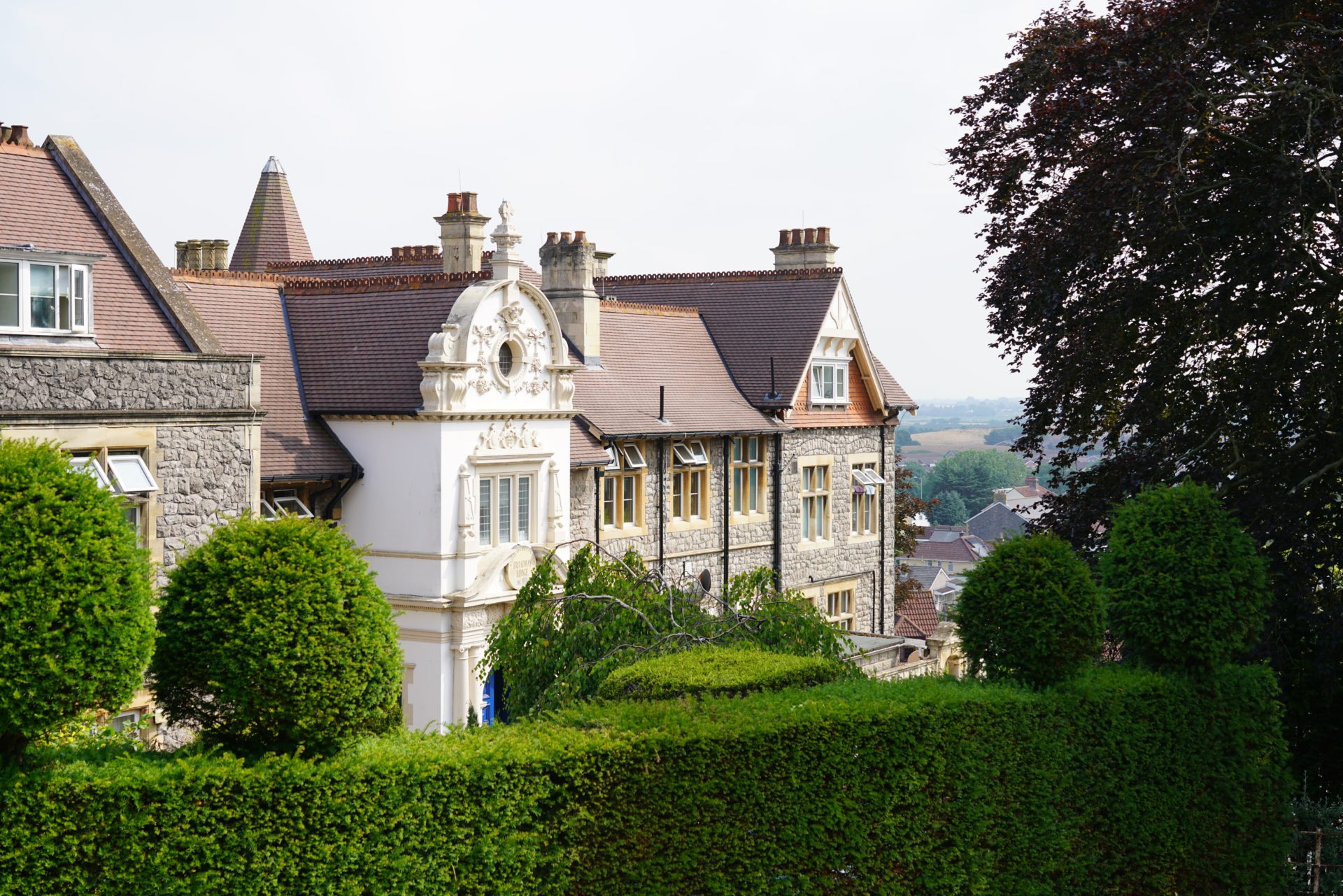I was employed as a senior manager in my area of specialism, happily married and financially secure. I was successful in my chosen career, had nothing to worry about and was anticipating a happy retirement. However, all was not as it appeared – I had a problem with alcohol.
My problems with alcohol did not have their origins in childhood or adolescence but manifested themselves much later. I knew almost nothing about addiction and believed that alcohol was the fundamental problem. After a close friend took me aside and begged me to seek help I ignored his advice, in the belief that I didn’t have a problem, and gave up drinking for approximately three years. When I started drinking again my problems rapidly spiralled out of control. Still firmly believing that I could easily give up alcohol I sought treatment for ‘stress’ but to no avail. In retrospect pride, shame and ‘the stiff upper lip’ were the dominant barriers to me admitting to my problems with alcohol. Moreover, I convinced myself that I wasn’t stupid – after all I had lots of letters after my name as attestation of my professional standing. I still vividly recall a session with a counsellor when I was entirely dismissive of her suggestion that I had not ‘processed my emotions’ – I didn’t ‘do’ emotions – I was a highly qualified technologist who evaluated everything by calculation or logical deduction.
When my drinking problems reached the point where my employment was in danger of being terminated I finally admitted my problem and found myself pointed in the direction of Broadway Lodge by specialists in my employer’s occupational health unit.
I was completely ignorant of what awaited me and I doubted I would be able to cope with an eight week residential rehab programme. In truth I submitted to this course of action simply because I could see no alternative. Despite my initial reservations and complete disorientation I was comforted by the staff who were welcoming, non-judgemental, caring and evidently expert in dealing with addictions of all descriptions.
I did not experience any single identifiable damascene moment or catharsis. After the first week of total bewilderment I found myself engaging with the treatment programme and my wife observed that I ‘began to see the light’ about four weeks into the programme. Yes, it took me four weeks to realise that treating the programme as a mechanistic, academic exercise was not the right approach. The object of the programme was to persuade me to examine my feelings and emotions and unearth all of those demons that had lain suppressed, hidden and unprocessed. Learning to deal and live with feelings that previously I had sought to suppress with alcohol was the wonderful gift that I took away from Broadway Lodge.
At first sight paradoxically – but on reflection totally understandably – about two weeks from the end of the programme I started becoming increasingly concerned about leaving the safe haven and protection of Broadway Lodge and having to face the day-to-day trials and tribulations of the real world. I need not have worried.
I am now eight years clean and sober, happily retired, able to enjoy many pastimes, still engaged with professional interests and with a wife relieved to have regained a sober human being for a husband.
I continue to have contact with organisations who seek to offer release from the emotional enslavement of addiction and they invariable identify my experience as an exemplar of the finest way in which employers or advisory services can guide an individual to seek help for problems with addiction.
My wife and I were totally ignorant of how or where to get help and were it not for the advice which sent me to Broadway Lodge and the treatment I received there I’m convinced that my story would have had quite a different and catastrophic ending. Given growing societal acceptance that addiction is a condition responsive to appropriate treatment and not a matter for punishment I can only offer my personal experiences as testimony to the effectiveness of this approach.
View next recovery story
Miracle Mansion Podcast: Stephen’s Story



